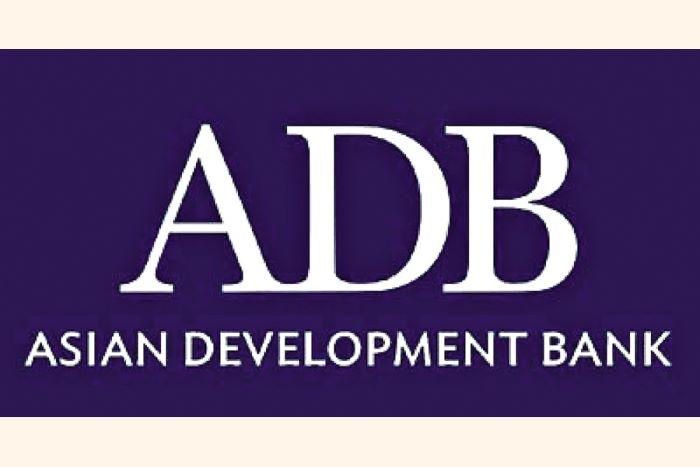While the mobile trailer pumps offer a temporary solution for a pressing issue, Minister Muthalib emphasised the need for a permanent solution. This involves rebuilding Male’s roads and upgrading the city’s drainage infrastructure.
The Maldivian government is set to bolster its flood management capabilities by acquiring mobile trailer pumps to address the recurring issue of flooding in the archipelago nation’s capital, Male’ city. This initiative, announced by Construction Minister Dr. Abdulla Muthalib in an interview with a local media outlet, Mihaaru News, aims to provide an immediate solution while the government works on a comprehensive plan to resolve drainage problems in the city.
Flooding has long been a critical issue for Male’, the densely populated capital of Maldives. The city frequently experiences severe waterlogging during heavy rains, causing disruption and damage to infrastructure. Minister Muthalib acknowledged the urgency of the situation, stating, “If we have five or six mobile trailer pumps, it will provide significant relief.”
The mobile trailer pumps, capable of removing 600 tonnes of water per hour, are designed for mobility and rapid deployment. Currently, the Maldives National Defence Force (MNDF) addresses flooding using a combination of ordinary pumps and a single mobile trailer pump. However, the existing resources are insufficient to cope with the scale of flooding, as evidenced by the recent deluge.
Last Friday’s heavy rainfall inundated Male’ with approximately 90,000 tonnes of water. The MNDF drained 30,000 tonnes using their pumps, while an additional 60,000 tonnes were removed through temporary pump stations installed at five locations across the city.
Long-Term Plans in Motion
While the mobile trailer pumps offer a temporary reprieve, Minister Muthalib emphasised the need for a permanent solution. This involves rebuilding Male’s roads and upgrading the city’s drainage infrastructure. The government has already secured USD 100 million in aid from China for a road reconstruction project in the islands of Male’ and Vilimale’. A team of Chinese consultants has been conducting feasibility studies since November 2024. The project is expected to commence this year.
The Critical Role of Mobile Pumps
Mobile trailer pumps are increasingly recognised as an essential tool in modern flood management. Their high capacity and portability make them ideal for urban environments like the small island of Male’, where flooding can occur in multiple locations simultaneously. These pumps can be quickly transported and deployed to affected areas, ensuring swift water removal and minimising disruption.
Each pump is designed to handle large volumes of water efficiently, making it suitable for both residential and commercial areas. The planned acquisition of multiple pumps would significantly enhance Male’s ability to respond to flood emergencies, protecting homes, businesses, and critical infrastructure.
Addressing Climate Challenges
The Maldives, an island nation highly vulnerable to the impacts of climate change, faces rising sea levels and unpredictable weather patterns. These factors exacerbate the challenges of managing urban flooding. The minister said that the government’s proactive approach to acquiring advanced flood management tools reflects its commitment to safeguarding the well-being of its citizens and infrastructure.
While the road to a long-term solution may be complex and resource-intensive, the acquisition of mobile trailer pumps represents a vital step toward building resilience against flooding. Minister Muthalib’s focus on both immediate and long-term measures underscores the government’s recognition of the multifaceted nature of the problem.
As Male’ prepares for the upcoming monsoon season, the introduction of mobile trailer pumps is expected to provide much-needed relief to the city’s residents. Simultaneously, the planned road reconstruction and drainage upgrades offer hope for a future where flooding is less of a recurring threat. This dual approach — combining immediate action with long-term planning — highlights the importance of innovation, preparedness, and collaboration in addressing the challenges posed by climate change and urbanization. The Maldivian government’s initiative serves as a model for other vulnerable cities grappling with similar issues, emphasizing the need for adaptive solutions in an era of increasing environmental uncertainty.











